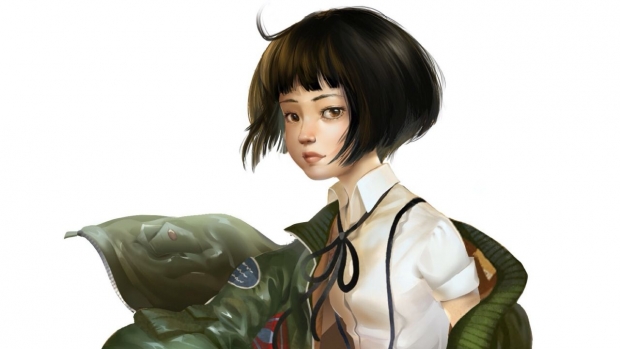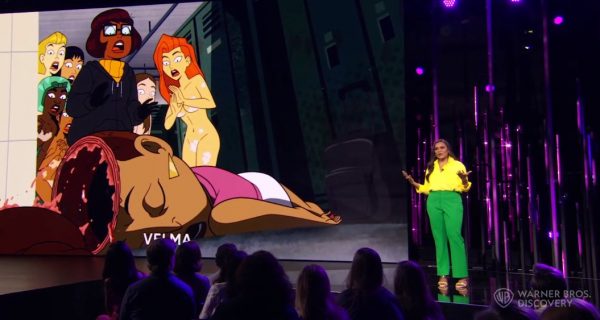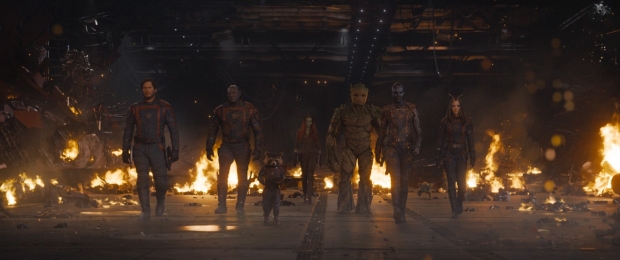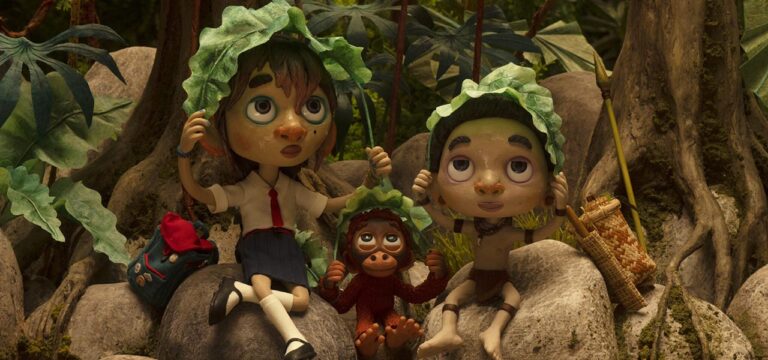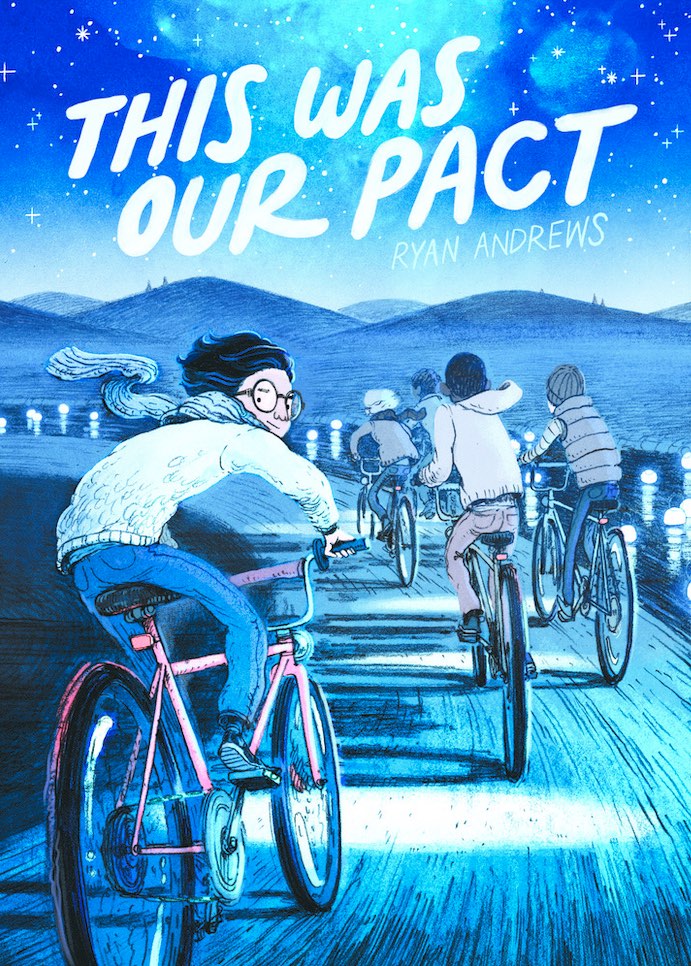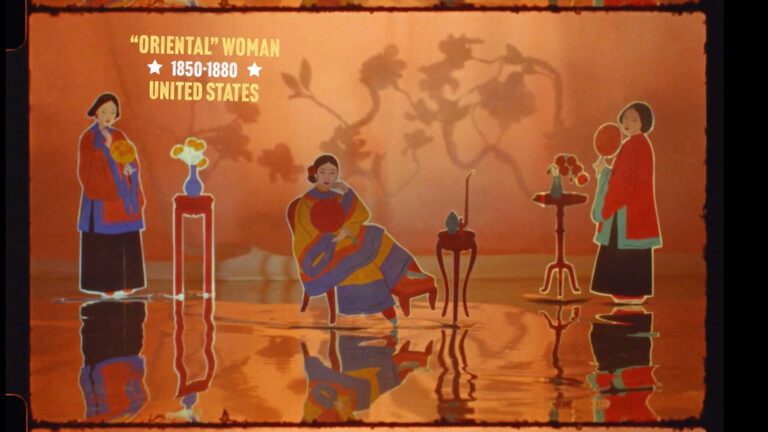Says: “The starting point is often some photographs or ancient paintings. The temperament of the people in older times is very different from the people in today’s life. This difference really interests me. I often imagine what these people are like in real life and then imagine their stories. Our animation short film is to realize these stories, which is extremely exciting for us and actually soothes and heals our hearts.”
Currently working on: Chen’s latest short The Loach (2022), about a woman and baby adrift on a boat, recently played at Zagreb and will make stops at Hiroshima, Ottawa, and several other festivals.
What to watch next: The Swallow (2014). Set in what might be a room of a large house or a small domestic space shared by three women, The Swallow explores generational differences between a grandmother, her modern daughter, and an abandoned granddaughter. It’s not just a work about a troubled family, but a reflection of shifting personal beliefs in an ever-changing Chinese society.
In a sentence: Combining a love of silent films and stop motion with a hint of Igor Kovalyov’s design and unique pacing (itself influenced by Robert Bresson), Chen’s poetic and personal films explore individual stories of love, loss, and lust while providing insights into modern Chinese history.
Where to start: A Fly in the Restaurant (2018). Told from what seems to be the perspective of a rotating ceiling fan, the patiently paced, cut-out film follows the action of a local restaurant (which has a banner on the wall that reads “Revolution is Not a Dinner Party”) as a cook chases a fly while a variety of patrons mingle, eat, and sleep. As people come and go, we get glimpses of life outside the restaurant. Through action, and inaction, Chen comments on a complacent population unaware or uninterested in the enveloping social and political issues.
In this week’s installment of our ongoing weekly series in which we profile the most interesting independent animation filmmakers working today, we profile Chinese animator Xi Chen, whose cut-out films take a slow dive into personal stories in order to tackle larger societal and cultural issues in China.
Influences: Igor Kovalyov, Fujiko Fujio (Japanese Manga writer), and Lo Ta-yu (Taiwanese singer and songwriter).


